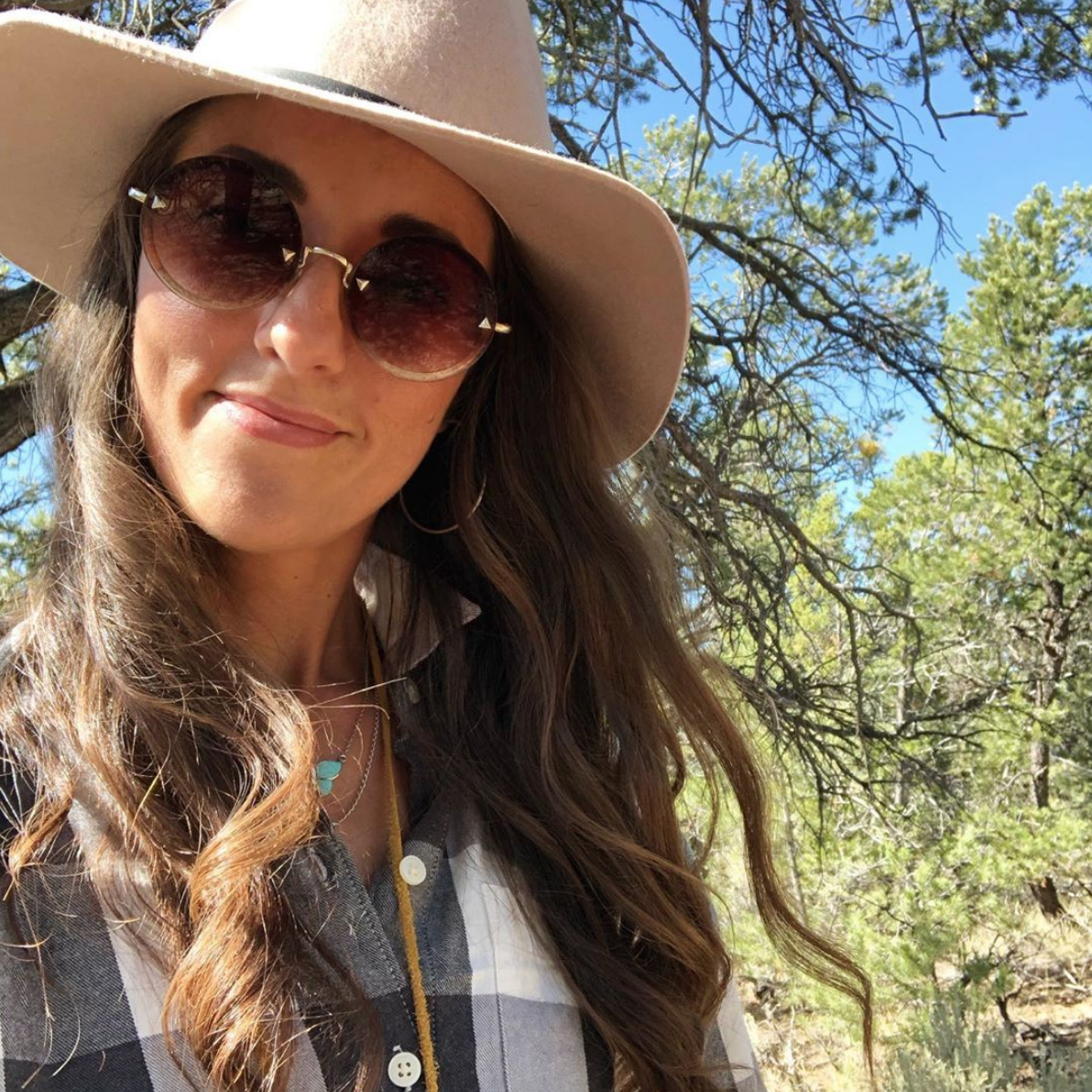What Is Even Fair?
A few months back I sat at a coffee shop with my sister, Stephanie, and her daughter and son, Aubrey and Austen. We all delighted in breakfast together, and a part of that delight was cookies! Of course, we needed to eat our meal first before we ate the cookies, right?
All of the food was brought out to us, and Austen, 8 years old, immediately reached for the cookie first. Stephanie took it off of his plate and said “You need to eat your food first!” Austen then replied, “THAT’S NOT FAIR!”
It struck me when he said that. That resonates with about 99% of the conversations that are going on in the world around me.
I asked the kids at the table. “What is fair?”
They seemed confused. I explained that we all know how to discuss what’s not fair, but I wanted to know what is fair? What does that mean? Funny enough, they were stumped.
“Well, I don’t know,” Aubrey said.
To me, this encapsulates our culture. We know how to scream foul, but nobody seems to know how to come into harmony with what’s fair.
Photo by Trey Tompkins
Ideally, I think fair would be living in a place where most people are generally happy. Where there is more good happening for us than what is considered evil. That we all have the support we need and the willingness to accept it. It seems that fairness comes as a type of understood living standard to all people within a family, community, or culture.
In my own personal life, I think of a lot of the struggles I have been through, where life wasn’t turning out the way I thought it should be. Where I put the blame on everything other than myself, or conversely, put ALL of the blame on myself. Although, as I have gotten through my struggles I have seen how a lot of what I thought was unfair turned out to be really good and favorable for me once I accepted it.
One lesson that seems to pop up is that being fair requires me to stop looking for contradictions through another, and to use each day to harmonize myself with other people. Whether or not I agree with them isn’t really important. It’s getting to understand that we have struggles and we all see them differently.
I am a self-diagnosed people pleaser.
A lot of this is centered on thinking about the fairness of others and not myself. I don’t want to be selfish, right? But I’ve often let people walk over me, never taken my turn to speak, and given away so much (time/energy) that I could not receive it myself. So, to be fair, I do have to think of myself.
This goes with an ancient mandate to know thyself. Christ said, “Love your neighbor, as you love yourself.” I think that to know yourself is to love yourself. To get to know yourself through your neighbors (family, work relationships, friends) is ultimately fair.
I have learned that everybody has a different viewpoint, and lives following that perception. To honor this is fair by:
1.) taking in perspective and 2.) sharing your own.
Photo by AJ Colores
This is how we get unique blended realities that we can admire in one another. When this philosophy is mutually respected we can be in harmony together. If it is rejected, we begin to rely on "this is what so-and-so" said interpretations.
It terrorizes our ability to accept one another directly.
In gossip, everyone is creating the same viewpoint without cultivating their own thoughts towards a person or subject. That is not fair. We stop evolving that way and get stagnant.
Fairness is in the subtleties of what we already have. It is gratitude for what does come our way and the generosity to feed that back out to the world. To be fair is, to be honest with oneself, and that is not easy. This, in and of itself, seems unfair, but what could we ever learn if we already knew everything? How could we experience any up or any down? That is what we need for growth on all levels. It is what bonds people together.





















(She/Her)
The gal behind Held In The Heart. The Community Journal is a space for those who feel deeply to express freely. We explore all sorts of things here, from the real & raw healing stories & creative writing, to the funny & fleeting moments of everyday human life. I warmly welcome you and invite you to explore with us!